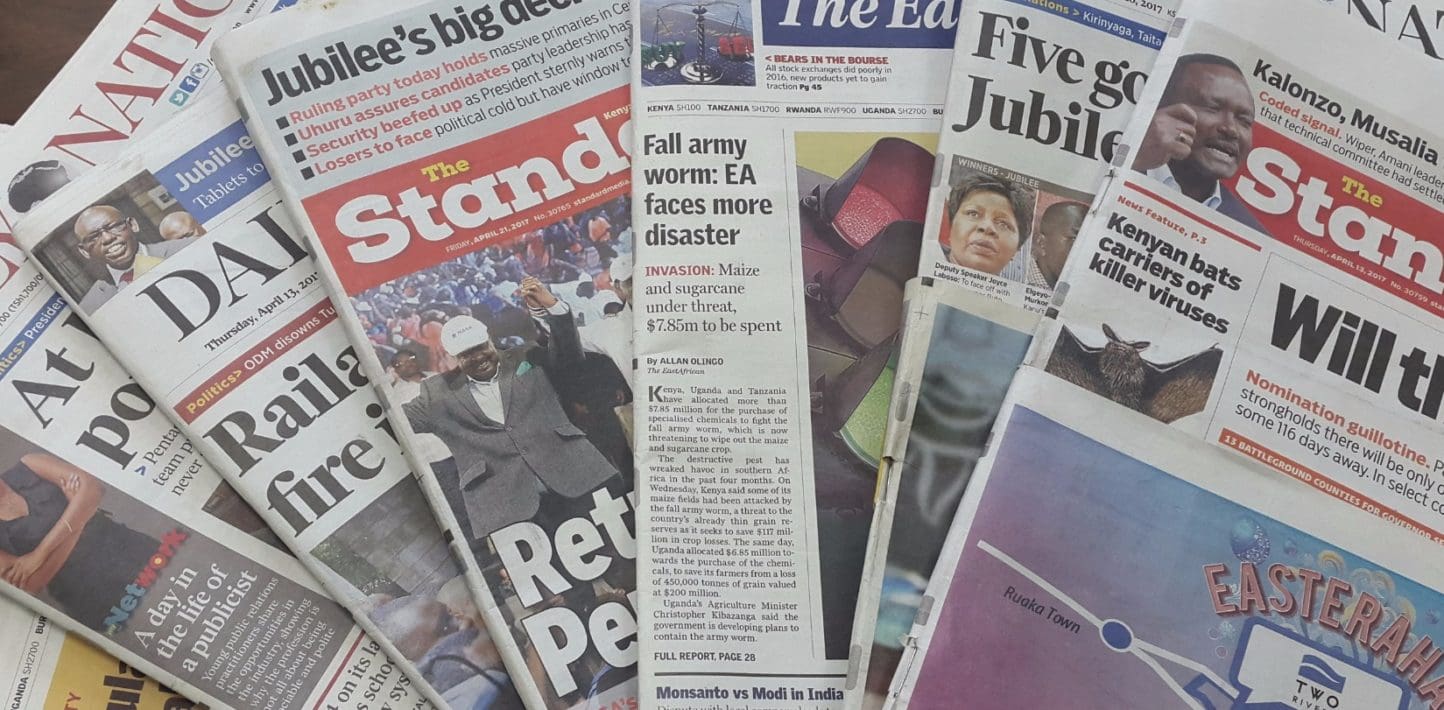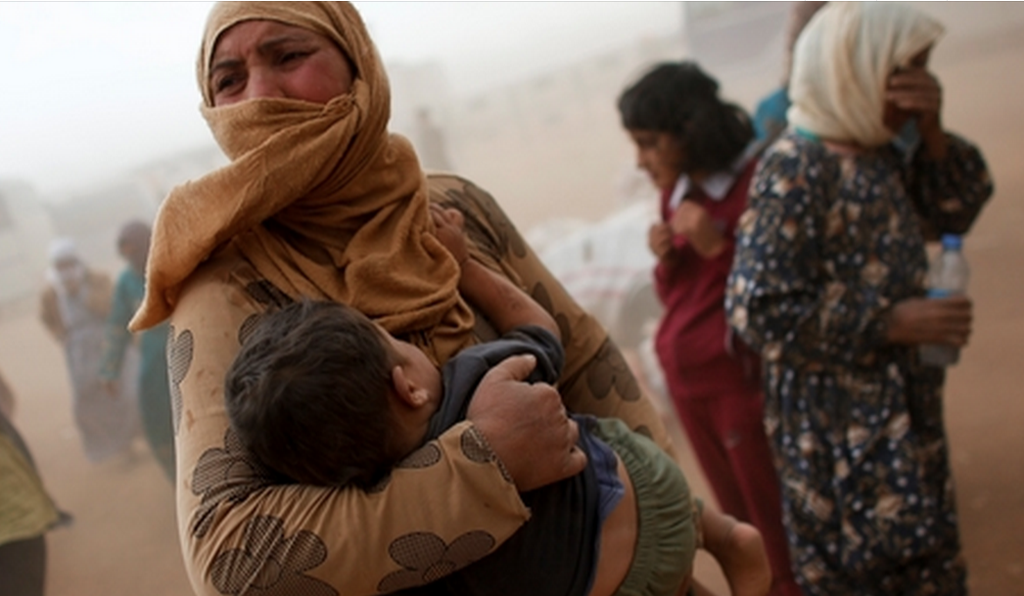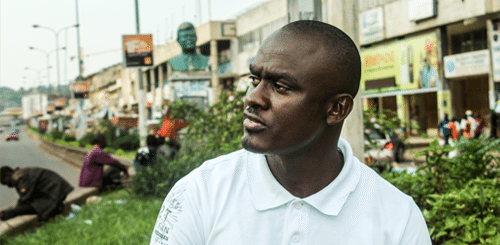The following information is based on the Amnesty International Report 2021/22. This report documented the human rights situation in 149 countries in 2021, as well as providing global and regional analysis. It presents Amnesty International’s concerns and calls for action to governments and others.
ZAMBIA 2021
Inter-party tensions escalated in the run-up to the elections; party supporters subjected their opponents to extreme violence and there were political killings. Police used live ammunition against pre-election protesters. One police officer went on trial in connection with the 2020 killing of two unarmed protesters, but many others continued to enjoy impunity. The authorities weaponized laws and state institutions to restrict human rights and intimidate critics. Medical professionals were harassed and prosecuted for protesting against poor working conditions. Persons with albinism suffered violent attacks. Girls were at particular risk of widespread gender-based violence.
Background
The United Party for National Development (UPND), the main opposition party, defeated the Patriotic Front (PF) in the 12 August general elections, breaking the PF’s 10-year rule.
According to the Integrated Food Security Phase Classification, around 1.18 million people faced acute food insecurity in the third quarter of the year. By September, Zambia’s external debt was US$12.91 billion. Inflation rocketed and, after the elections, the Zambian kwacha appreciated.
Freedom of expression
Political opponents
The authorities continued to crack down on the right to freedom of expression and suppress the human rights of perceived political opponents. In April, PF supporters publicly called for the arrest of Sishuwa Sishuwa, a University of Zambia academic, on sedition charges. The calls came after he published an article in online newspaper News Diggers about the possibility of public unrest during the August elections. Later that month, the university announced erroneously that he was not one of their employees.
The state weaponized criminal defamation laws to intimidate and silence government critics. In January, brothers Victor and Nicholas Sankisa from the Western Province were arrested for allegedly using insulting language against the president. The same charges were brought against Chilufya Tayali, a leader of the Economic and Equity Party, in May after he posted a video accusing the president of encouraging turmoil ahead of the elections.
Fred Manyaa and Steven Phiri were sentenced in April to a three and a one-year prison sentence, respectively, with hard labour, for insulting then President Lungu. Their convictions related to incidents in March 2018 and March 2019, respectively.
In March, the president enacted the Cyber Crimes and Cyber Security Act. It was widely criticized for containing provisions which may be used to target government critics, suppressing the right to freedom of expression, and allowing the policing of cyberspace. In April, five civil society organizations petitioned the Constitutional Court, arguing that the law violated the human rights guaranteed under the constitution.
The Permanent Secretary at the Ministry of Information and Broadcasting Services threatened to close down the internet ahead of polling day. On election day, there was a partial shutdown and social media apps like Twitter, Facebook, Instagram and WhatsApp were disrupted. Civil society organizations challenged the move and the high court ordered the restoration of internet services on 13 August.
Journalists and media
The authorities continued to attack, intimidate and harass radio broadcasters that hosted opposition figures, in some cases damaging their property. In February, PF cadres attempted to disrupt a Liberty Radio programme which featured Harry Kalaba, the leader of the Democratic Party, causing damage to property. In the same month, they disrupted a live Radio Luswepo programme which was hosting Harry Kalaba, again damaging the studio’s property. In March, they fired tear gas into the Radio Chete studio in Nakonde for airing a programme which featured the UPND provincial chairman. In June, unidentified people set fire to Kalungwishi radio station in Chiengi district in the early hours of the morning.
The authorities continued to try and close leading private media outlets by using the Independent Broadcasting Authority (IBA) to intimidate, harass and threaten them with closure for hosting discussions with opposition political parties, saying it was “unprofessional conduct”. The IBA issued several warnings against Muvi TV and in May it was given a final warning.
In May, journalists Francis Mwiinga and Nancy Malwele, who covered PF intra-party factional disputes, were injured in an attack by PF supporters, who also seized their equipment. In July, UPND cadres attacked journalist Victor Mwila, from Ikelen’gi district. The authorities later replaced the equipment that had been taken from him by his attackers.
In August, the IBA granted Prime Television an operating licence, 16 months after withdrawing it on “public interest” grounds.
Freedom of assembly
Former police officer Jeyson Musonda was arrested on 2 June for staging a one-man demonstration against the Inspector General of Police and his use of police officers to abuse people.
The police threatened to arrest Brian Sampa, president of the Resident Doctors Association of Zambia (RDAZ), after he convened a meeting on 19 May calling for strike action over poor working conditions and arrears in the payment of doctors’ salaries and allowances. On 30 May, when the strike began, police arrested Chikonde Mukula, Secretary General of RDAZ, and charged him with espionage. The charges were later dropped after civil society activists intervened. In June, Brian Sampa was sacked from a government post by the Ministry of Health, for inciting doctors to participate in a week-long go-slow. In the same month, the Police Inspector General threatened to arrest anyone attending Zoom meetings, under the newly enacted cyber crimes law.
Tensions escalated ahead of the elections, with violence by both PF and UPND cadres. Police used live ammunition and tear gas on 5 June in the Copperbelt Province to disperse unarmed UPND supporters who were escorting the party leader Hakainde Hichilema’s convoy. On 15 June, the Electoral Commission of Zambia suspended electoral campaigns for 14 days in the Lusaka, Mpulungu, Nakonde and Namwala districts.
In July, a Socialist Party council candidate was murdered by unidentified people who then set fire to his body. Later that month, two PF youths were murdered in Kanyama township by suspected UPND supporters. Following their deaths, President Lungu deployed the army, air force and national service to assist police with law and order in the election run-up. On election day, the PF Provincial Chairperson for the North West Province, Jackson Kungo, was murdered. His killers were suspected to be UPND cadres. Several other people, accused of trying to rig the election in Solwezi, were manhandled and injured.
Unlawful killings and impunity
In February, police constable Fanwell Nyundu was arrested on two counts of murder and went on trial in November. The charges related to the December 2020 killing of two unarmed protesters after police opened fire on UPND supporters who had gathered in solidarity with Hakainde Hichilema in the capital, Lusaka.
In June, the coroner found that the police were responsible for the unlawful killing of 14-year-old Frank Mugala when he was on his way home from school in Lusaka in February 2020. Although the court ordered action to be taken against the accused, no one had been arrested at the end of the year.
Right to health
The Zambia Medical Association disclosed that 16 doctors died of Covid-19 between January and March. Zambia faced difficulties in receiving Covid-19 vaccines due to a global shortage, delaying the vaccination programme which eventually began on 14 April after the country received 228,000 doses. Frontline health workers were prioritized for vaccination. The second batch of vaccines did not arrive until July during the pandemic’s third wave.
Discrimination
Persons with albinism
Persons with albinism continued to be subjected to violent attacks and mutilation due to superstitious misconceptions about albinism. In June, organized criminals posing as police officers attacked a home in the Senga district, mutilating a two-year-old child. In July, a nine-year-old boy from Chasefu district had his finger chopped off by a relative and another man. One of the men fled and the other was arrested and detained awaiting trial.
Sexual and gender-based violence
According to a report by the Zambia Police Service, there were 4,000 cases of gender-based violence reported in the first half of the year, of which 804 were sexual offences. Of those, 590 were committed against girls and there were 576 cases of “defilement”, 571 of which were against girls and five against boys.
In what appeared to be a politically motivated case, a woman was raped on a bus going to Kafue by unidentified men who claimed to be punishing the PF government.





